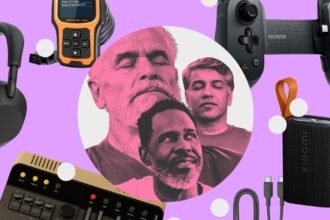Over the course of five weeks, the Federal Trade Commission (FTC) urged a federal judge to envision a scenario where Instagram and WhatsApp thrived independently, rather than under the umbrella of Meta. However, during the final week of trial, Meta requested Judge James Boasberg to consider the possibility that these apps could be reaching their full potential under their current ownership.
On Wednesday, Meta concluded its case after just four days in court, having previously questioned many witnesses who were also called by the FTC. In its closing days, Meta brought forward WhatsApp cofounder Brian Acton and an early Instagram infrastructure executive to articulate how Meta’s support facilitated the growth of these applications—contradicting claims from Instagram cofounder Kevin Systrom, who asserted that Meta’s actions stifled resource allocation necessary for the app’s growth and safety, maintaining that Instagram would have succeeded independently.
Meta contends that rather than evolving into competitors that could challenge its dominance, Instagram and WhatsApp might have struggled to remain relevant or beneficial to consumers had they remained independent.
Several Meta witnesses pointed out the competition posed by TikTok. While the FTC argues that entertainment-focused platforms like TikTok and YouTube fall outside the realm of personal social networking services that it alleges Meta has monopolized, Meta maintains that this perspective overlooks the actual dynamics of competition in social media. Its argument is that what truly constrains its influence is the constant battle for user engagement, content from creators, and advertising revenue.
“Antitrust law does not require consideration of such an ‘infinite range’ of possible substitutes.”
Economic experts provided testimony on how TikTok’s swift ascent represents genuine competition that needs to be factored in. Despite TikTok becoming a significant rival for Meta’s offerings since the FTC initiated the case in 2020, Boasberg stated in a November ruling that while Meta’s competition for user attention is valid, it misses the core issue at hand. He emphasized that accepting Meta’s definition would imply they compete not just with platforms like YouTube and TikTok, but also with a multitude of leisure activities, which antitrust law does not require.
He expressed concern that the









